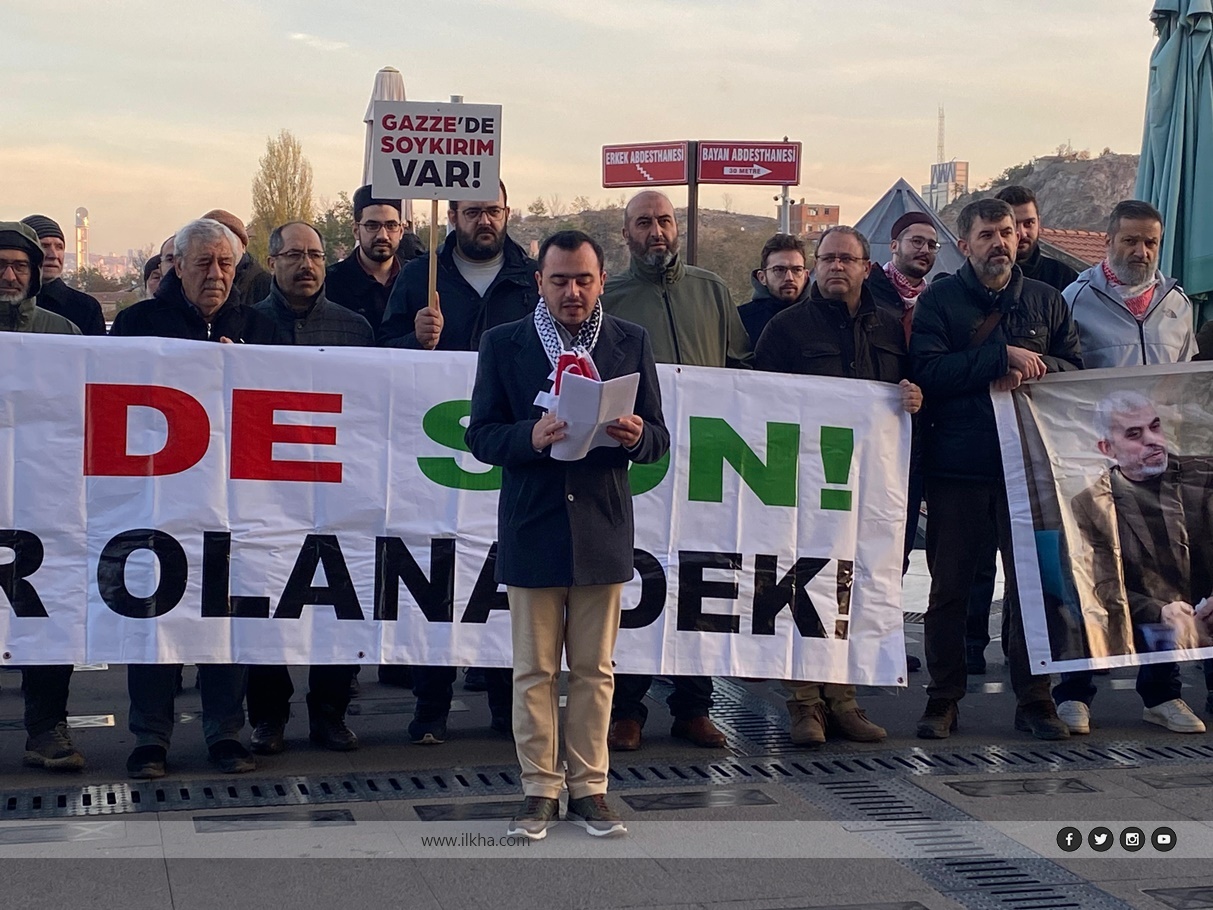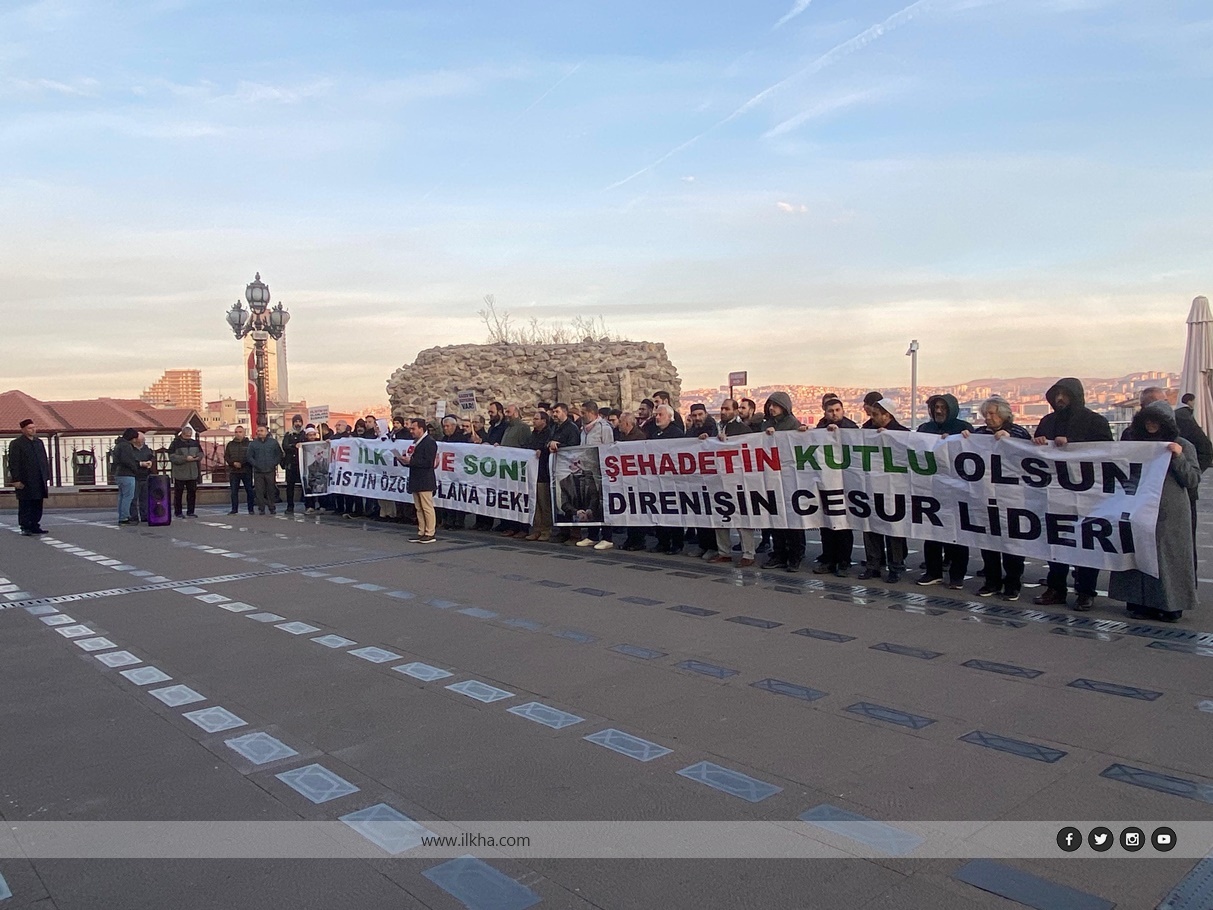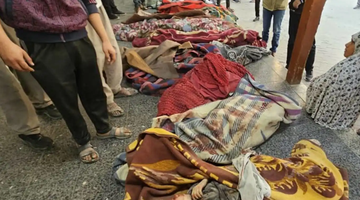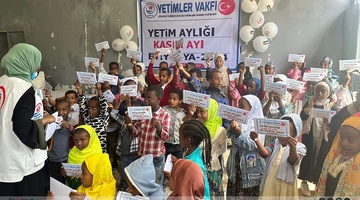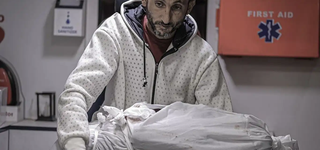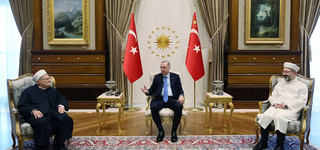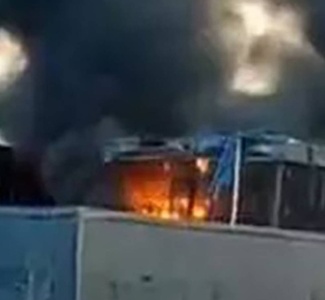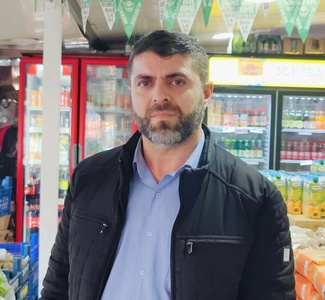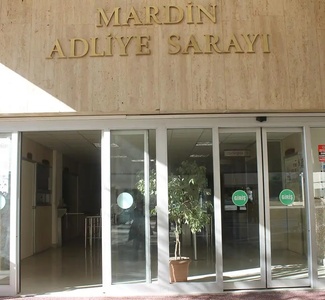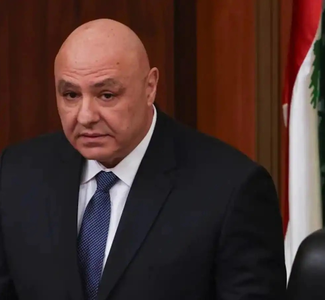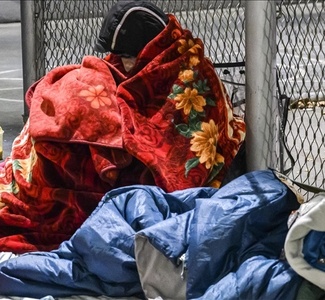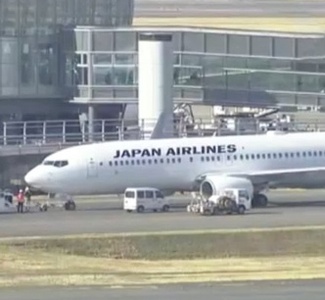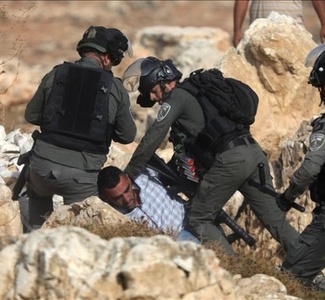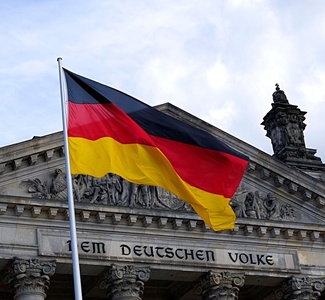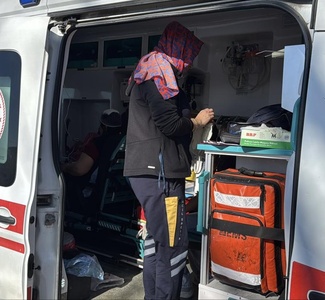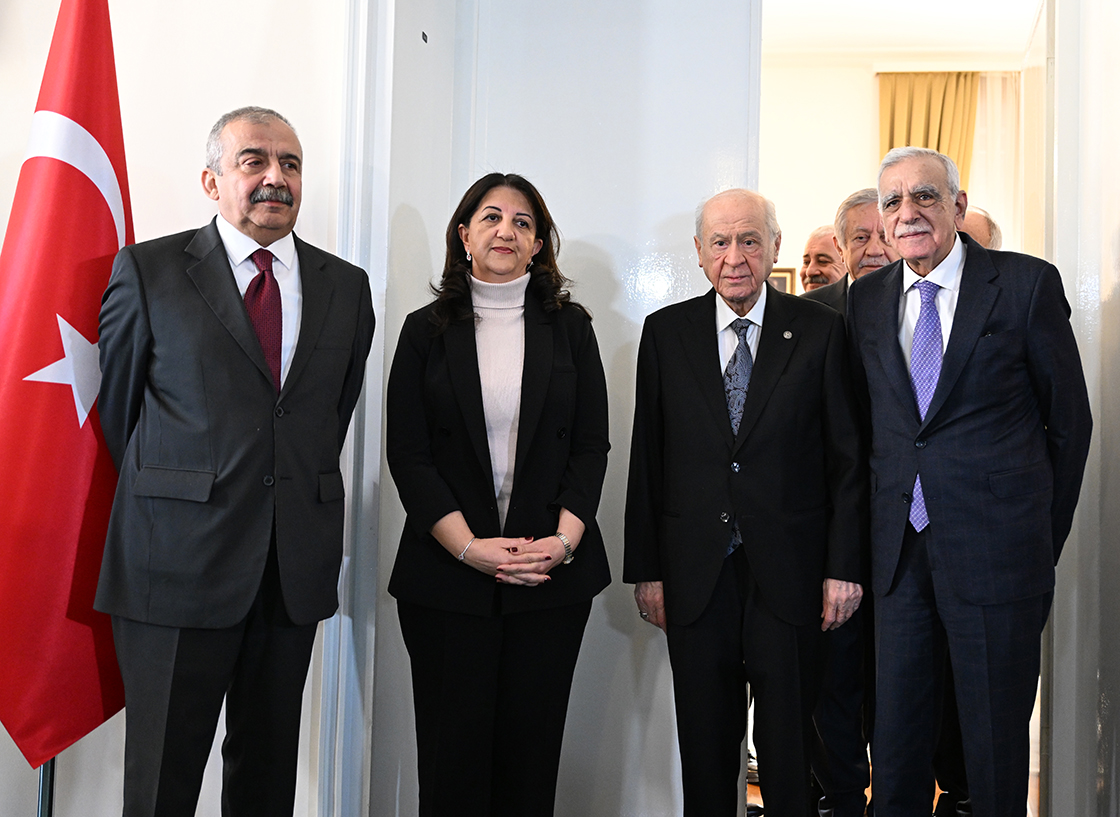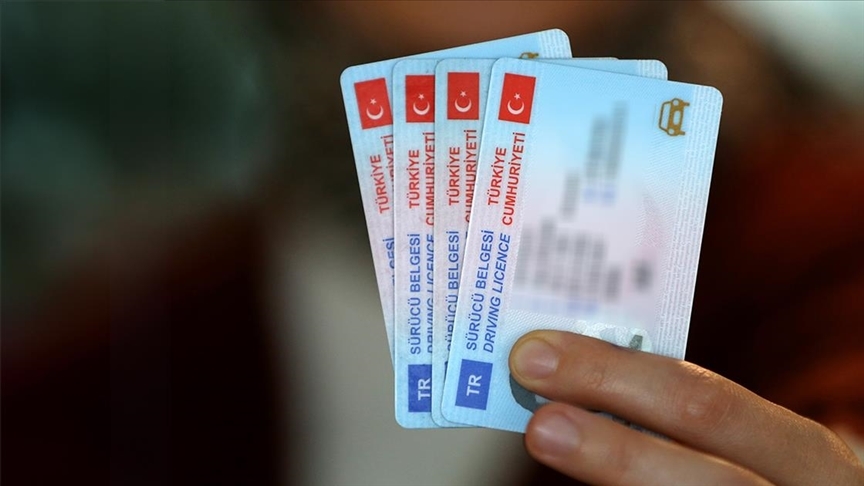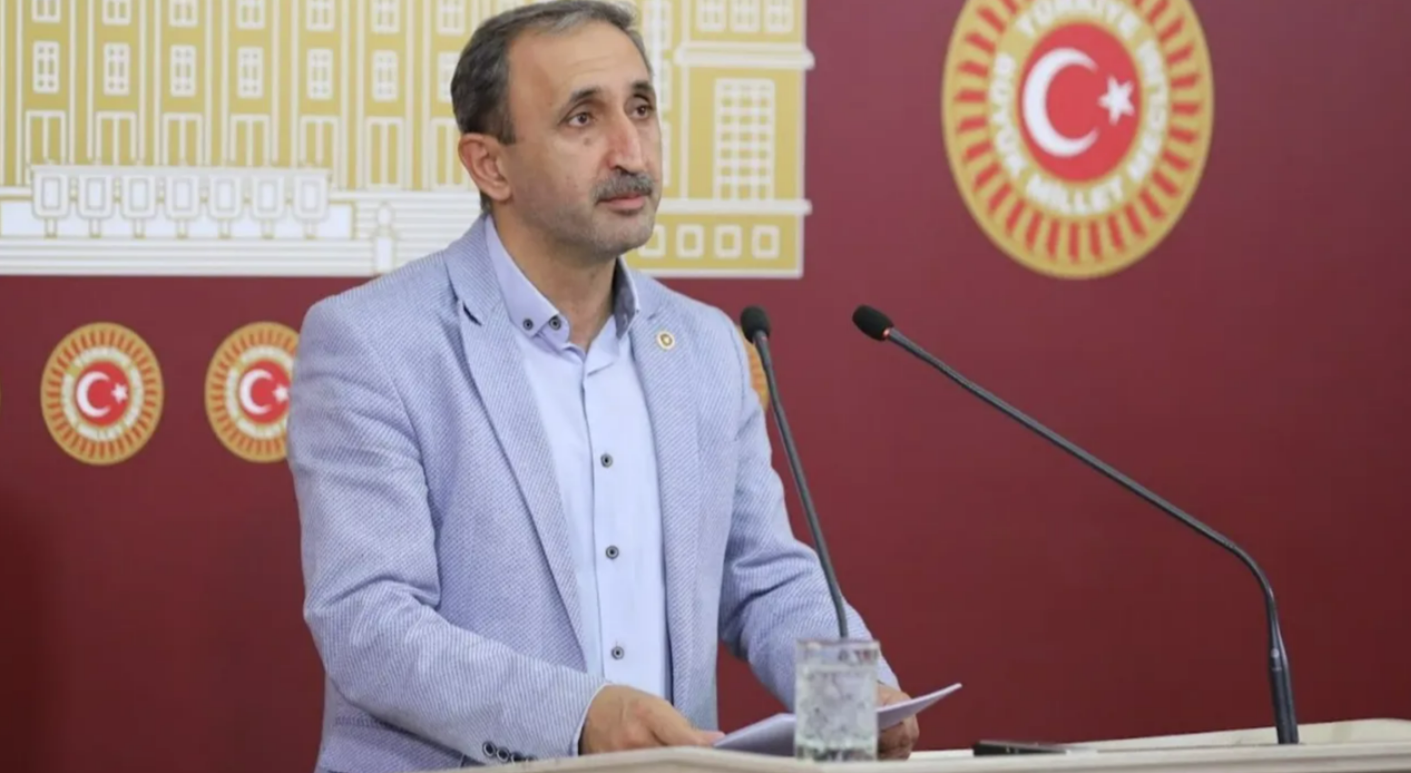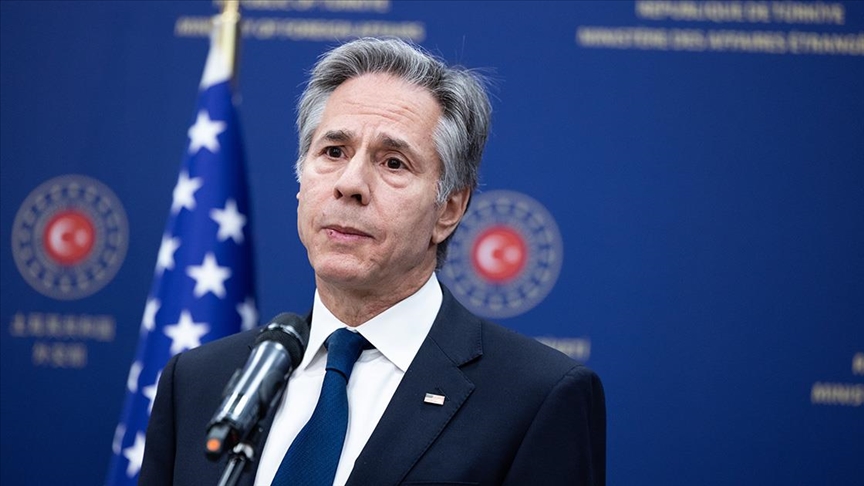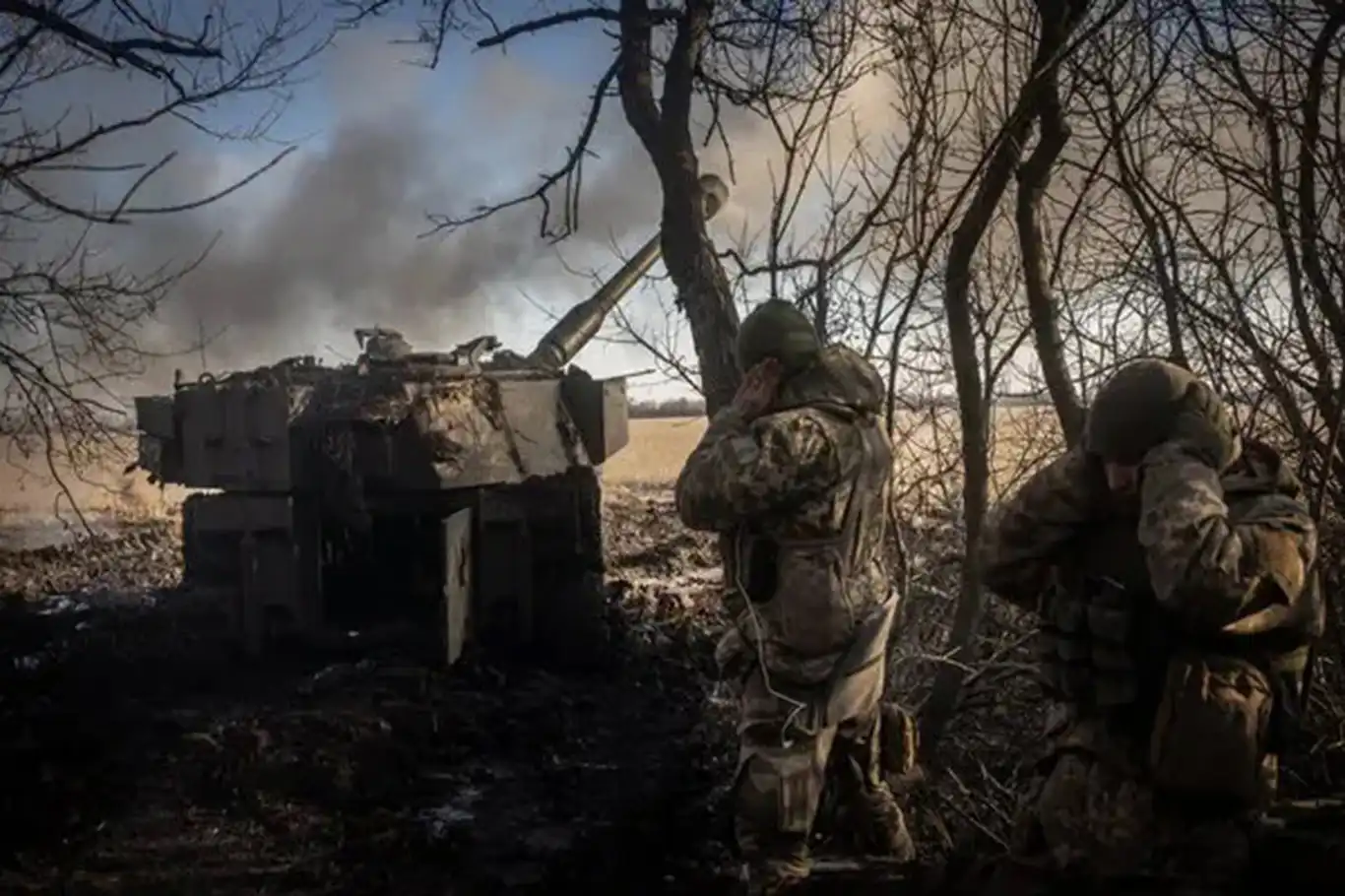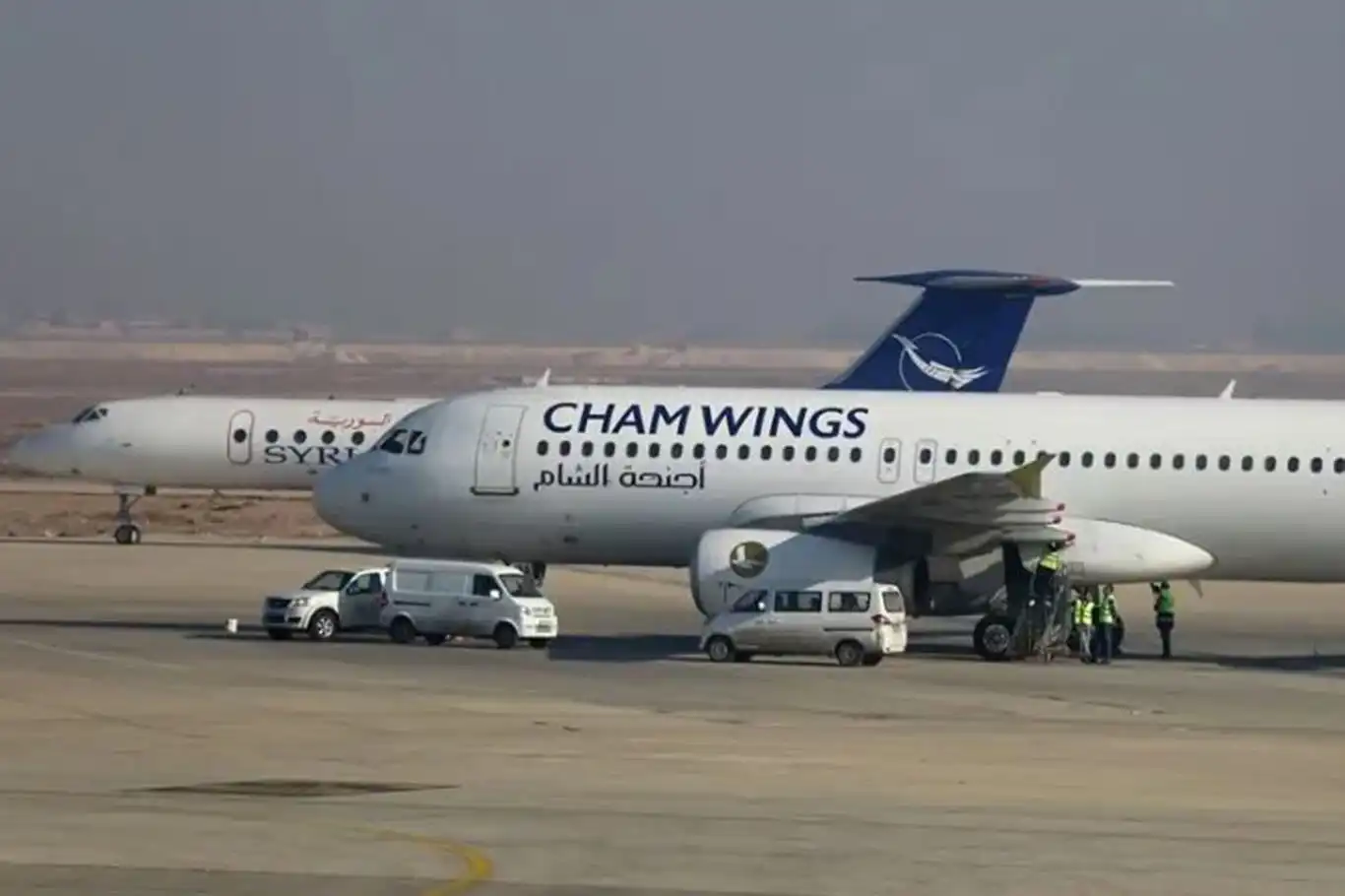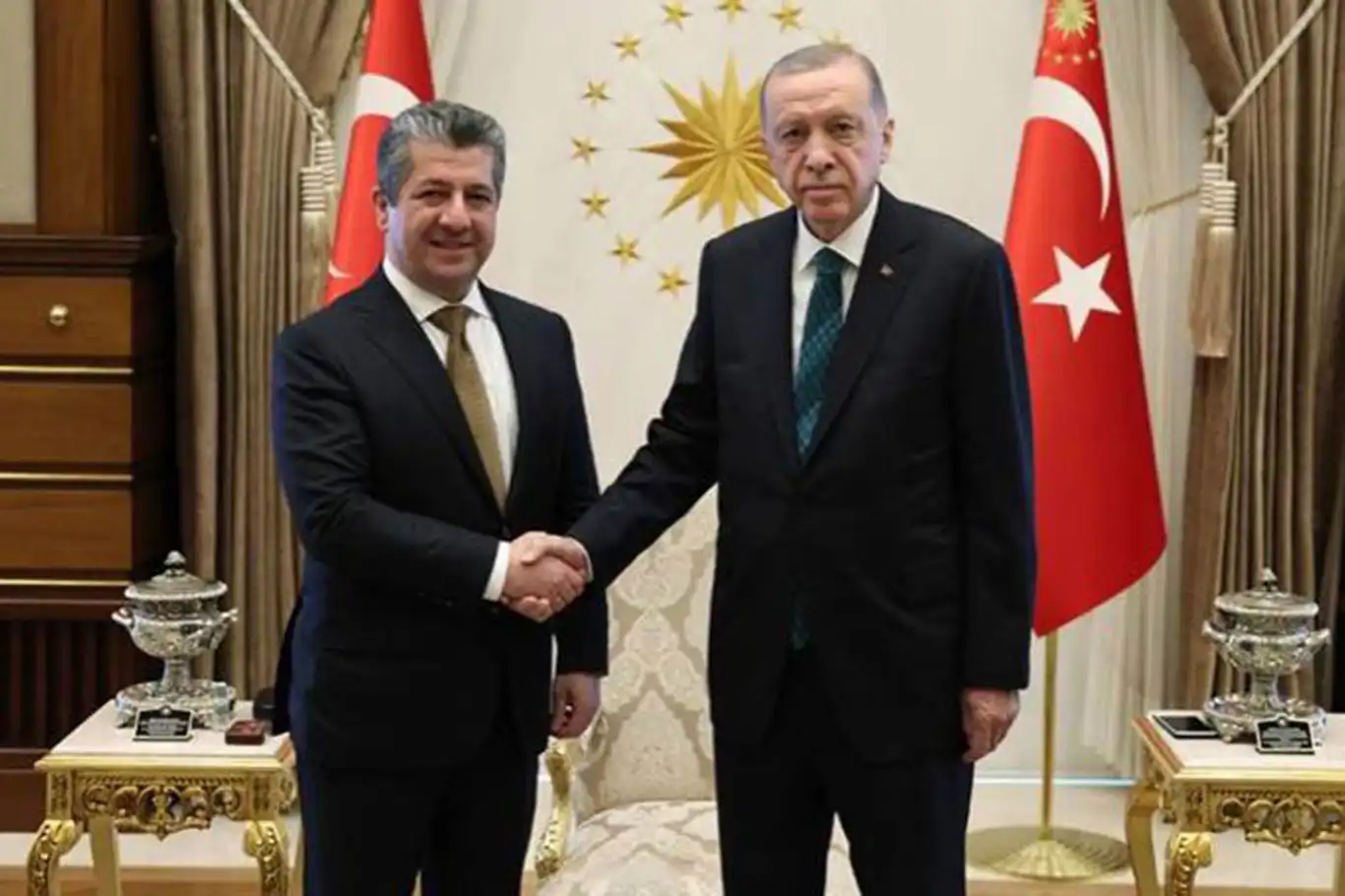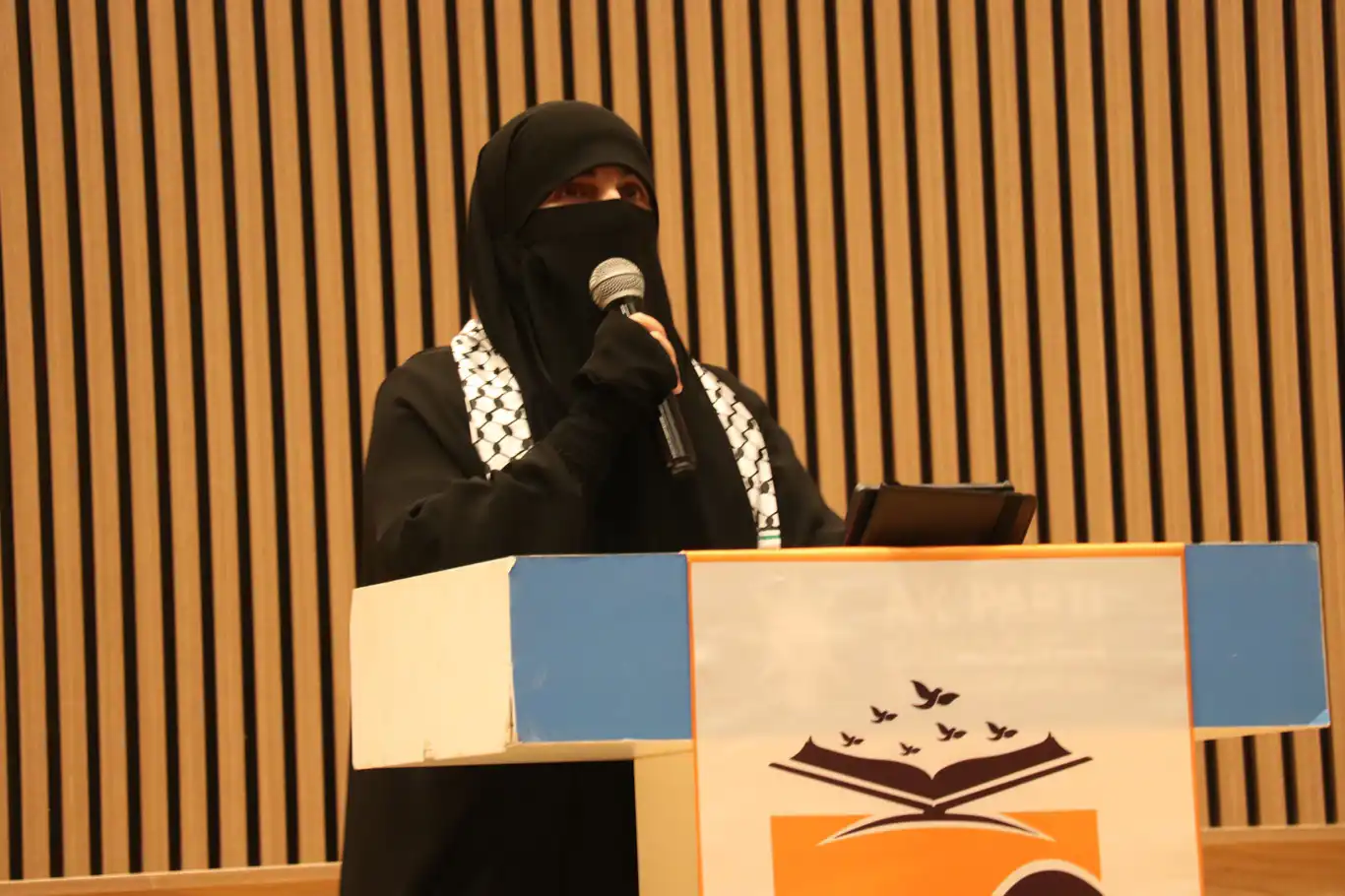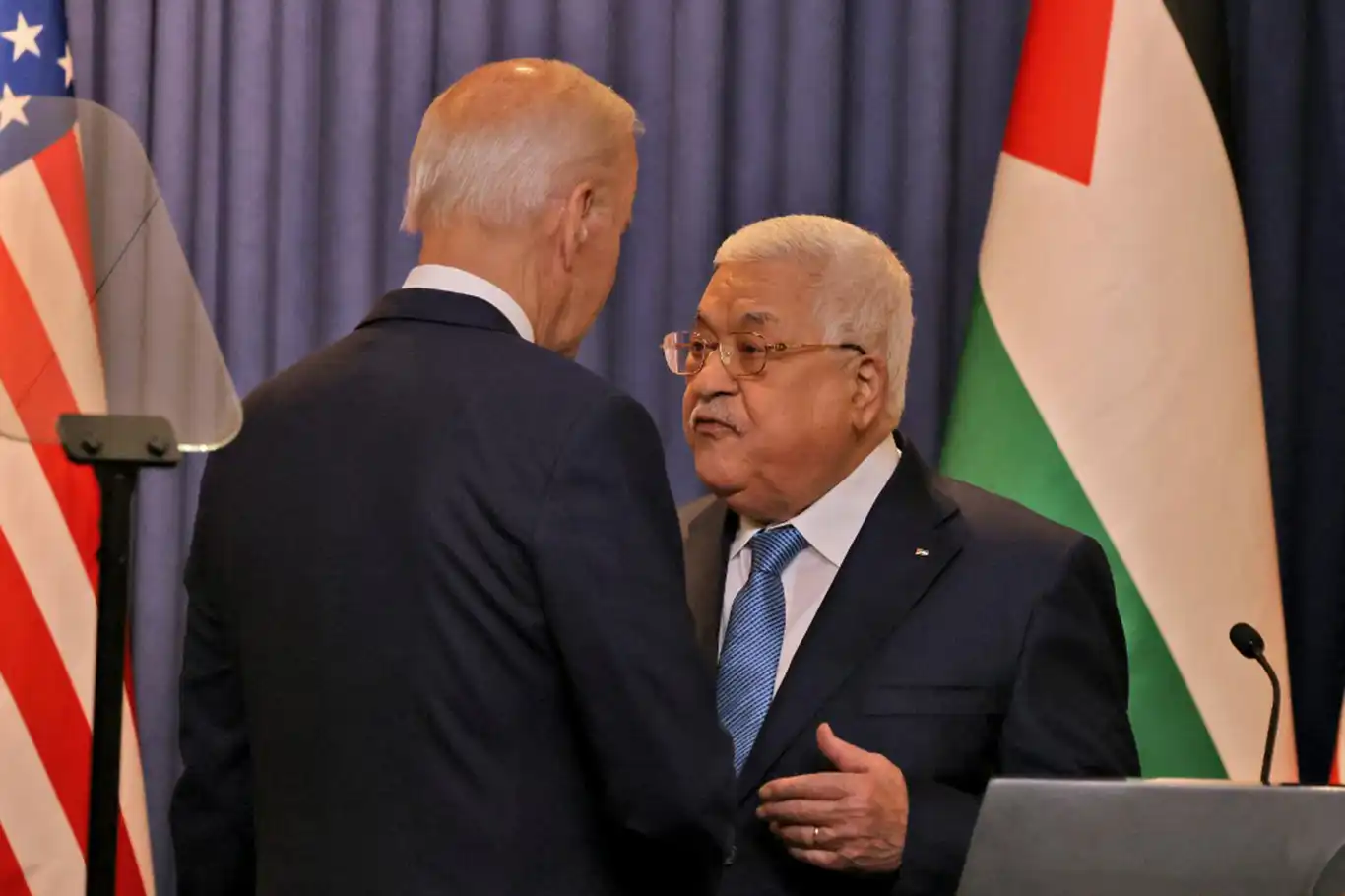Call for health corridor to Gaza amid escalating humanitarian crisis
In a gathering held on Sunday, organized by the Ankara Palestine Solidarity Platform (ANFIDAP), demonstrators called for the immediate establishment of a health corridor to deliver much-needed aid to Gaza, as the humanitarian situation in the region continues to worsen.

 Google News'te Doğruhaber'e abone olun.
Google News'te Doğruhaber'e abone olun. With Israel's military aggression against the Gaza Strip showing no signs of abating, the international community faces a dire moral and ethical imperative to act swiftly and decisively to alleviate the suffering of millions of innocent civilians. At the heart of this growing crisis is the complete collapse of Gaza’s healthcare system, creating an escalating health emergency that leaves countless lives hanging by a thread.
A Devastating Health Crisis
The rally, which took place outside Hacı Bayram Mosque in Ankara, was attended by members of local foundations, trade unions, and civil society organizations. The unified message of the gathering was clear: the international community must prioritize humanitarian aid and support the establishment of a health corridor to save lives in Gaza.
Emre Şahin, a medical student from the Health and Civilisation Association, delivered a powerful statement on behalf of the platform. In his speech, Şahin painted a harrowing picture of the catastrophic conditions facing Gaza’s population, exacerbated by the ongoing military siege. Gaza’s health crisis has reached an untenable level, with all hospitals and health institutions in northern Gaza rendered non-operational due to relentless Israeli airstrikes. At least 160 health facilities have been destroyed, and the toll on medical staff has been devastating: 885 health workers and 83 civil defense officers have been killed.
The remaining hospitals, overwhelmed by the sheer scale of the crisis, struggle to provide even basic care. Limited access to electricity, medical supplies, and fuel has left many hospitals unable to function properly. “Even in the best hospitals, electricity is provided for only three hours a day,” Şahin explained. The shortage of essential medical supplies has turned hospitals into makeshift centers where surgeries are often performed without adequate anesthesia, and patients with chronic conditions or injuries requiring rehabilitation are left to suffer without the necessary treatments.
The impact of this crisis extends far beyond the wounded. Chronic illness, malnutrition, and a lack of sanitation have spread throughout Gaza's population. According to the World Health Organization (WHO), around 350,000 people are at risk due to the severe shortage of medicine and medical supplies. Meanwhile, an estimated 15,000 patients urgently need to be evacuated for proper treatment. Gaza’s population, already weakened by months of siege and deprivation, is now at breaking point.
The Urgent Need for a Health Corridor
The rally’s primary demand is the immediate establishment of a health corridor to Gaza. Şahin emphasized that such a corridor is essential not only for the delivery of life-saving medical supplies but also for the safe evacuation of critically ill patients. A health corridor would enable aid to flow freely into Gaza, delivering food, medicine, and medical equipment, while bypassing the brutal restrictions imposed by the ongoing siege.
Şahin urged international organizations such as the United Nations, the Red Cross, and the World Health Organization (WHO) to take the lead in facilitating this health corridor. These organizations, tasked with protecting human rights and providing humanitarian relief, must ensure that essential life-saving interventions reach those who need them most. Şahin also called for an acceleration of efforts by countries like Turkey, which is working to establish field hospitals near the Rafah Border Gate. He emphasized that removing bureaucratic hurdles and garnering international support is crucial to saving lives.
The call for a health corridor is not just a plea for medical assistance; it is a moral imperative. The deliberate targeting of hospitals, medical staff, and civilian infrastructure is a violation of international law, as emphasized by global humanitarian organizations. Denying people access to food, water, and medical care is not merely a humanitarian disaster; it constitutes a war crime. The suffering in Gaza must not be allowed to continue unchecked.
The Global Responsibility to Act
The crisis in Gaza is not simply a regional conflict; it is a global issue. The unfolding humanitarian catastrophe in Gaza serves as a litmus test for the international community’s commitment to human rights, justice, and peace. Governments, civil society organizations, and international institutions must come together to demand an end to the blockade and ensure the rapid delivery of humanitarian aid. This requires establishing safe, unhindered access for aid convoys, reopening health facilities, and providing basic supplies such as food, clean water, and medical treatment.
The rally in Ankara, which concluded with a prayer led by Akyurt District Preacher Mehmet Yazıcı, was not only a call for action but a symbol of solidarity with the people of Gaza. It served as a reminder that the fight for justice and human dignity extends beyond borders and that the lives of innocent civilians should never be subjected to political calculus or military strategy.
As the world watches the tragedy unfold in Gaza, the question remains: will the international community rise to the occasion and demand an immediate and sustained response? The time to act is now. The lives of millions are at stake, and the opening of a health corridor to Gaza could be the difference between life and death for thousands of vulnerable people. It is time for global action, not rhetoric. The people of Gaza cannot afford any more delays. (ILKHA)
